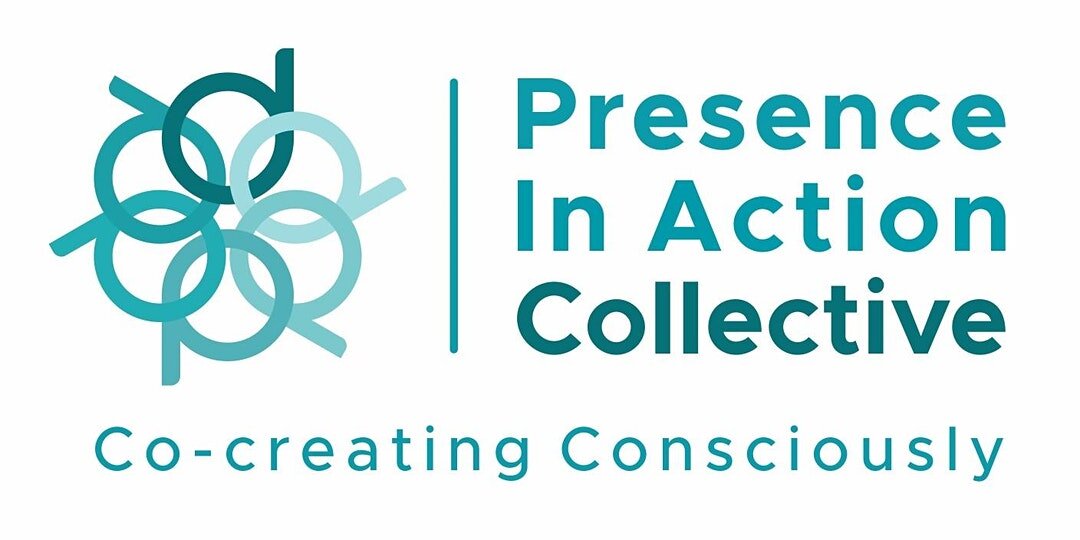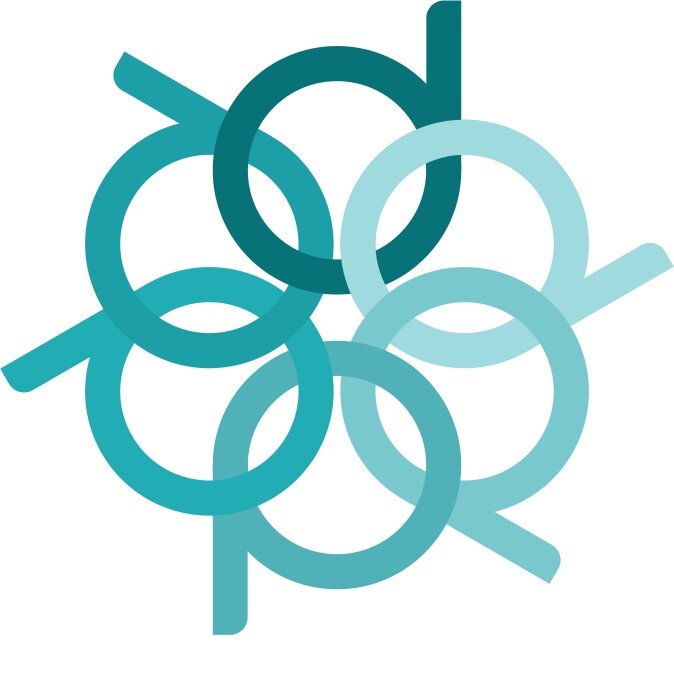Embracing complexity thinking
I was recently sharing notes with a fellow mum about our kids. I mentioned that my daughter was ten but she can be ‘immature for a ten year old.’ I came off the phone and felt somewhat uncomfortable. I realised I was caught in linear thinking..AGAIN! Caught in ‘how she should be’ at the age of ten. I have really noticed this linear thinking more and more in my life and how it often shows up in the form of ‘shoulds’. I should be at a certain place in my life, I should be doing more, I should be attending to my kids more, etc. Sound familiar?
Albert Ellis, a psychologist from the 60’s who informed and influenced the development of CBT, talked early on about changing how we think about what happens in our lives. He developed a list of ten irrational common beliefs and ‘should’ was up there. Today, thanks to the work of Gardiner and Rayner, this idea of letting go of linear thinking and expectations about how things ‘should’ unfold or be, is dropping deeper and deeper in me.
What I am realising is that when I get caught in linear thinking, it denies me the full experience, the full reality and complexity of what is available! Yes, it’s not always easy but in many ways my linear thinking can be tiring. Believing that if I plan a certain thing it ‘should’ go a certain way, and then having to process my own frustration and disappointment when the outcome is different, is draining.
This is not to say we should always be allowing for complexity. As Gardiner often states, it’s about what is fit for purpose. A friend of mine and I were recently chatting and she said, when it comes to being paid linear thinking is perfect. I do work, you pay me. Cause then effect. I do, I get outcome. Neat. Linear. Mechanistic. All good. But for example, when working with people how do we give space for everyone’s perspective, everyone’s ideas, and everyone’s voices? How do we allow for different ways of being and doing? When working within organisation’s how do we meet the complexity of the system we work in and the people we work with? People and systems are not linear and yet often we try to ‘deal with them’ in mechanistic linear ways denying all that is available.
Having worked with Louie Gardiner for the last 4 years, and learnt more and more about the P6 Constellation (Trademark) framework, I realise WHY it is so helpful. It does hold complexity, it is non-linear, it holds our humanity and more. Among many things, Louie has taught me to not fear complexity, not try to shut it down with linear ‘agenda’s’ but allow it all and see what emerges. This is at the core of how we work with our clients at PIAC. This is how we co-create with our clients, whether coaching/hosting an individual or facilitating cultural change. We hold and work WITH complexity.
I believe, I am now untangling years of linear thinking. I’m noticing it more and more and recognising that while it may serve me at times, it is not always helpful. Catching my ‘shoulds’, noticing when I am driving myself expecting a perceived 'certain' outcome and noticing any attachment to a future outcome…it is part of my current unlearning. As a result, I believe I am developing my agility to respond to the world around me, to work with (not against) what emerges and to hold more and more in my working and personal life. It has not been easy, but so much more is opening up for me.
If you are interested in having a conversation about any of the above do get in touch. Would love to hear what you are noticing in your world too.

